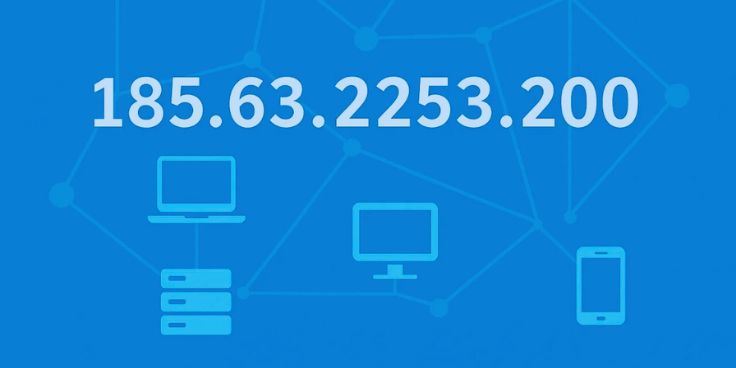The phrase “anonib azn” often appears in online searches and discussions. It combines two parts: Anonib, a platform associated with anonymous community postings, and AZN, a shorthand term used for “Asian.” While the phrase may look simple, its context and implications raise questions about online identity, cultural representation, and digital safety.
In this article, we’ll unpack what anonib azn means, why people search for it, and how to navigate such terms responsibly in the modern internet landscape.
What Does “Anonib AZN” Mean?
-
Anonib: Known as an anonymous imageboard/community website where people post content without attaching their real identity.
-
AZN: A long-standing internet slang abbreviation for “Asian,” popularized in the early 2000s within chatrooms and youth communities in the United States.
When combined, “anonib azn” usually refers to online spaces, discussions, or searches related to Asian identity within anonymous platforms.
Why the Term Matters in Online Culture
-
Identity Expression: Many Asian Americans and Asian communities have historically used “AZN” as an identity label in online spaces, celebrating shared culture and experiences.
-
Community Forums: On anonymous platforms, labels like “AZN” sometimes help users connect over shared heritage, hobbies, or regional identity.
-
Risks of Misuse: At the same time, anonymous platforms can be misused, sometimes spreading unverified or inappropriate content. This makes responsible use and awareness very important.
Positive Uses of Online AZN Communities
While anonymous posting has risks, it can also create positive opportunities when moderated or used responsibly:
-
Sharing cultural stories, traditions, and humor.
-
Networking with peers who identify with similar backgrounds.
-
Supporting others in discussions about language, food, music, or representation in media.
The Risks Linked to Anonymous Platforms
Searches like “anonib azn” also highlight challenges:
-
Privacy concerns: Anonymous forums may lack strong data protections.
-
Inappropriate content: Without moderation, harmful or explicit material may spread.
-
Cyberbullying: Anonymity can sometimes enable harassment or targeted abuse.
-
Misinformation: Discussions may not always be accurate or trustworthy.
For these reasons, internet users—especially young audiences—should approach such terms and platforms with caution.
How to Stay Safe Online
If you encounter the phrase anonib azn while browsing, here are some digital safety best practices:
-
Use verified platforms: Stick to forums or communities that moderate harmful content.
-
Protect your identity: Never share personal information on anonymous websites.
-
Fact-check content: Verify cultural or identity discussions using reliable sources.
-
Promote positive use: If discussing AZN identity, focus on uplifting cultural pride, representation, and constructive dialogue.
Broader Perspective: Asian Identity Online
The “AZN” term is more than just slang—it’s part of a cultural history of Asian youth in North America navigating identity online:
-
In the 1990s–2000s, “AZN pride” communities flourished on MySpace, Xanga, and early forums.
-
Today, TikTok, Reddit, and Discord host large Asian identity groups, often reclaiming the term in creative ways.
-
The internet has become a tool for Asian communities to push back against stereotypes and build positive representation.
Thus, when people search for anonib azn, they may be trying to reconnect with or explore that cultural space—though the anonymous platform side of it requires critical awareness.
Conclusion
Anonib azn” brings together two internet ideas: the anonymous posting culture of Anonib and the long-standing identity marker “AZN.” Together, they reflect how Asian identity has been represented, explored, and sometimes misused in anonymous corners of the web.
For bloggers, educators, or everyday readers, the lesson is clear:
-
Approach anonymous platforms carefully.
-
Celebrate Asian identity in positive, community-building ways.
-
Always keep user safety and trust at the center of online participation.
By understanding anonib azn in cultural and safety contexts, we can navigate the digital world more responsibly—highlighting the good while guarding against the risks.














Leave a Reply